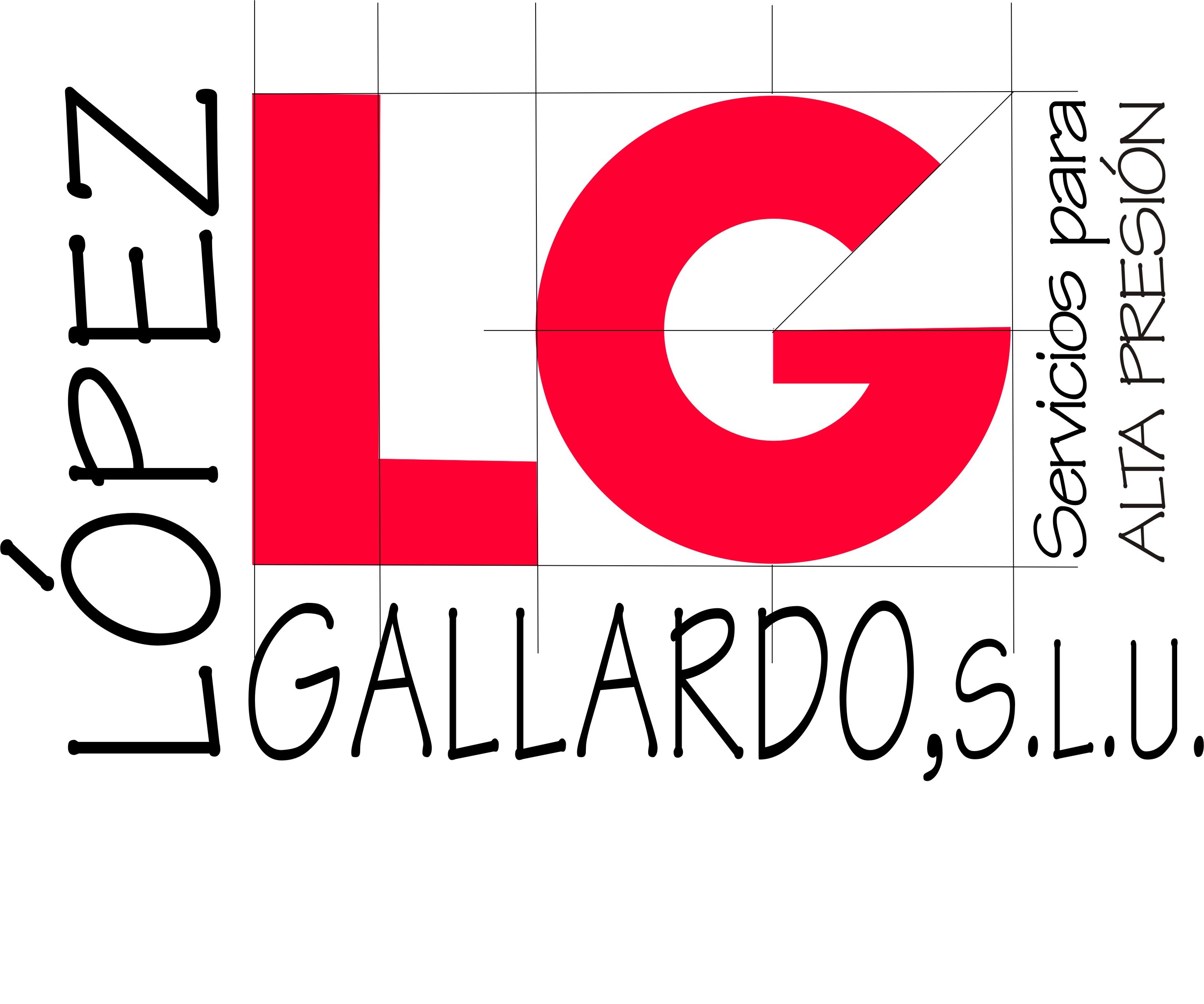Sin categoría
What Is a Virtual Data Room?
A virtual dataroom is a cloud-based platform which allows users to communicate with others about their documents and access them. It is utilized by companies who require sharing sensitive information in a secure manner. It is also a good option for companies looking to collaborate with clients partners, and investors. Due diligence, IPOs, capital raising and M&A are some of the processes that usually require large amounts of document sharing.
VDRs have eliminated the requirement for people to physically meet to discuss important documents. These platforms are much more convenient and are accessible from any device that has an internet connection. Identifying your business goals is the first step to selecting the most suitable VDR. It is recommended to take a look at the reviews available on https://gb-ware.com/how-to-organize-work-inside-a-virtual-data-room the site of a vendor as well as third-party evaluations on websites like Trustpilot and Software Advice.
In many cases, life sciences companies have to share R&D documents with a variety of people. This includes partners, investors as well as regulators. Data rooms can improve the efficiency of the process by providing granular access controls. It also allows you to identify the documents that people are examining and how many times they have viewed them.
Real estate transactions typically involve numerous documents. A VDR can help streamline M&A by allowing you securely to send confidential financial documents to the due diligence team of a potential buyer. With features like redaction and “fence view” (which blacks out part of a file so that personally-identifiable information remains private), it is easy to protect documents in a data room.

